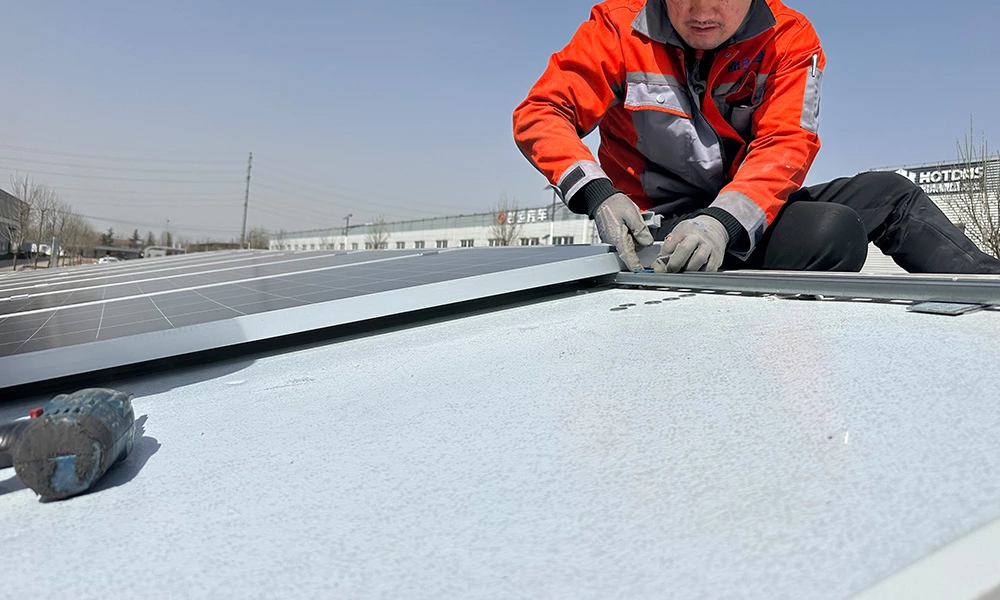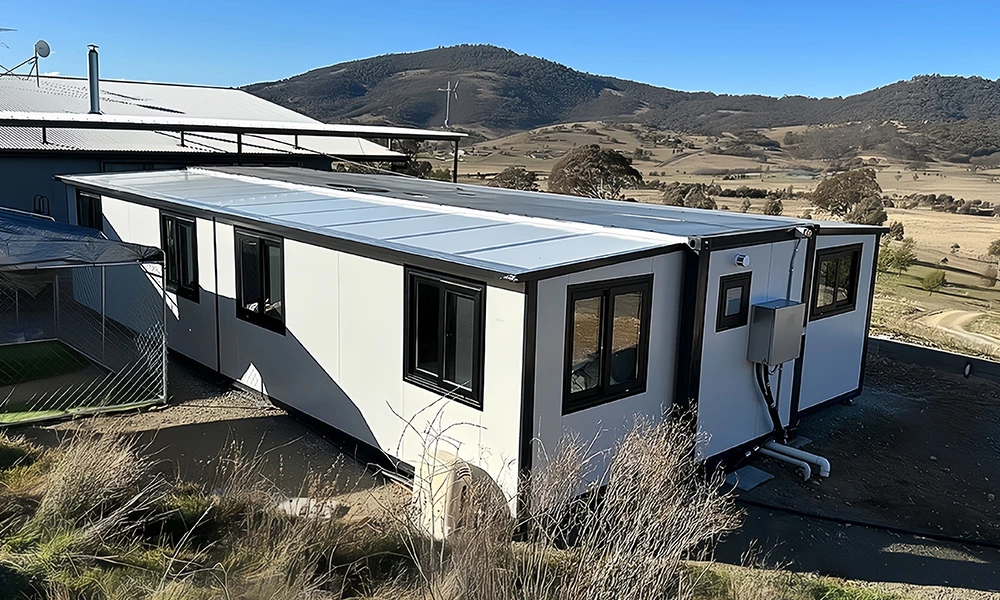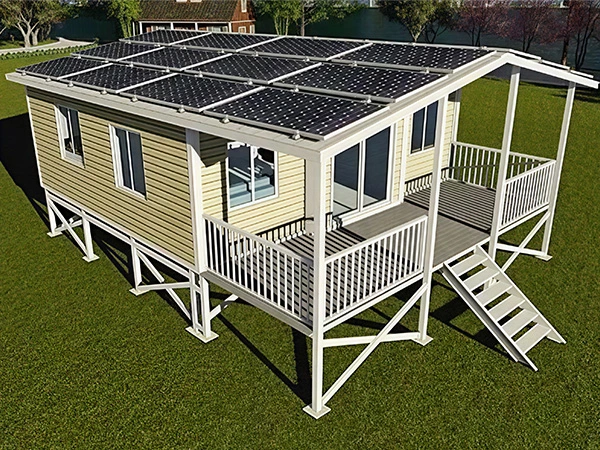Expandable Container Homes: Solar Panel Solutions
Have you ever imagined that today's container homes are not only portable but also self-generated? This isn't science fiction; it's the magic of solar panels! With the accelerating pace of modern life and the growing demand for flexible living, expandable container homes are becoming a new type of residential and office option. To enhance energy independence and environmental performance, these homes are often equipped with solar panels.
What are solar panels?
A solar panel, also known as a photovoltaic panel, is a device that converts sunlight directly into electricity. Made primarily of semiconductor materials such as silicon, a solar panel generates a flow of electrons when photons strike its surface, creating an electric current. This current can be stored in batteries or directly supplied to the home.

What makes it so special?
Energy Independence
These houses are often placed in remote areas without reliable access to the electrical grid. Solar panels allow the house to generate its own electricity, making it self-sufficient.
Mobility & Off-Grid Living
Because container houses can be relocated, connecting to a conventional power source every time is impractical. Solar panels provide a portable, consistent energy source wherever the house is set up.
Sustainability & Reduced Costs
Solar energy reduces reliance on fossil fuels and lowers electricity bills. For small, modular homes, the energy generated by solar panels can often cover most, if not all, daily energy needs.
Supporting Modern Amenities
Even small container homes often require electricity for lighting, heating/cooling, kitchen appliances, water pumps, and electronics. Solar panels provide a clean, renewable source of power to support these needs.
Integration with Energy Storage
When paired with batteries, solar panels allow energy storage for nighttime or cloudy days, ensuring continuous operation without a grid connection.
Solar energy + container homes: Where can it be used?
- Expandable container homes: Provide stable power for remote areas, temporary offices, or travel destinations.
- Powering outdoor equipment: Camping, field research stations, mobile workstations, and other scenarios where an external power source isn't required.
- Urban homes and commercial buildings: Some residential and office buildings can generate their own electricity through rooftop photovoltaic systems.

Advantages in different climates
Cold weather: Solar panels generally convert energy more efficiently at lower temperatures, allowing them to generate electricity efficiently even during abundant winter sunlight. Furthermore, rooftop panels can help melt snow naturally, reducing the impact of snow pressure on the home's structure.
Hot weather: Solar panels can partially block sunlight from the roof, lowering indoor temperatures and reducing air conditioning energy consumption. Furthermore, modern photovoltaic panels are generally heat-resistant, ensuring stable power generation even in extremely hot environments.
Using solar panels in expandable container homes not only improves energy self-sufficiency but also enhances environmental sustainability. Under different climatic conditions, it can not only improve the power generation efficiency in cold environments, but also reduce the cooling burden in hot weather, allowing residents to enjoy a more comfortable and economical living experience.
